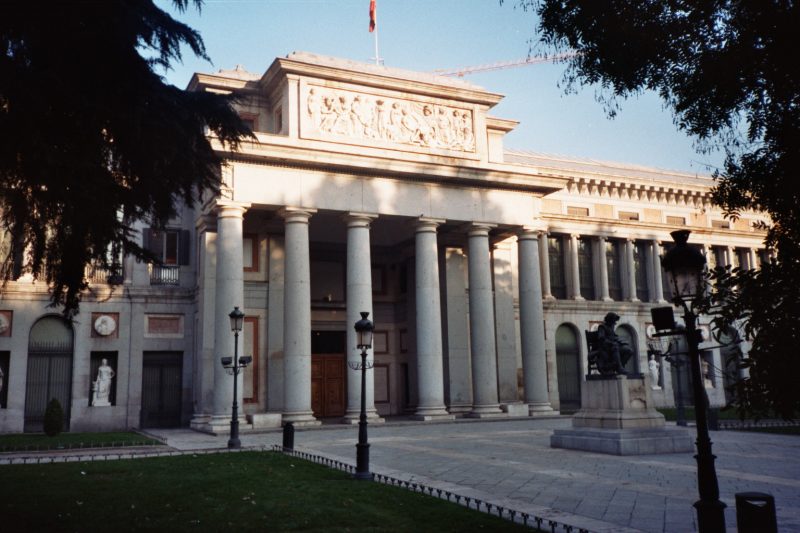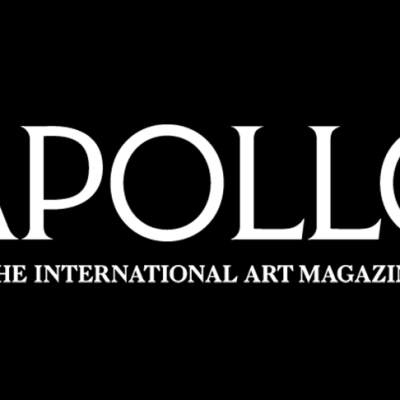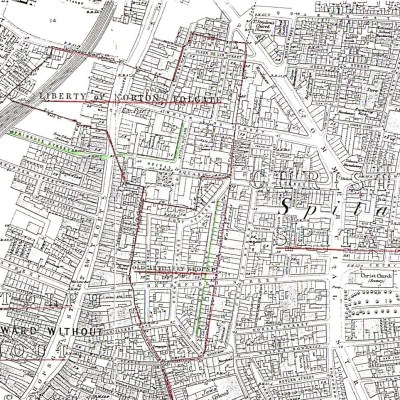Our daily round-up of news from the art world
Civilised Business: Prado Acquires Fra Angelico Works | The Museo del Prado has acquired Fra Angelico’s The Virgin of the Pomegranate from the Duke of Alba de Tormes for €18 million. The landmark deal comes with a bonus: the Duke has also thrown the 15th-century Florentine painter’s rendering of Saint Anthony Abbot’s death – a work only recently attributed to him – into the bargain. Prado director Miguel Zugaza has described the transaction as a ‘pacto entre caballeros’ – or a ‘gentlemen’s agreement.’ (Spanish language article.) ‘Nobody can say this has been a market operation because we all rowed in the same direction,’ Zugaza added. Philippe de Montebello has described it as ‘the dream of any museum. A superb work at a manageable price.’ All in all, cheering news.
Dair Mar Elia: Update | Analysis of yesterday’s devastating news from Mosul is scant, but for further reading, we recommend coverage from the Independent and Associated Press, who have updates on the story they broke. For context, it is worth investigating a 2008 article on archaeologists’ attempts to excavate the site published in the Smithsonian magazine. What was once an optimistic report now makes for chilling reading: its author, James Foley, was beheaded by ISIS in 2014.
Update on Changes to Tate Membership Changes | Jon Snow, Chair of Tate Members, has written to The Times (£) in response to yesterday’s article on the restructuring of the Tate’s membership programme. (Picked up here on Art News Daily.) Snow clarifies the situation, explaining that the proposed amalgamation of Tate’s existing membership into the museum itself will give members more, not less influence over the decision making process, by ensuring their representation at all four Tate branches. Members’ benefits will remain the same under the new system. Snow adds that despite several requests for clarification of the proposal, he has ‘no sense that members as a whole are “angered”.’
Imperial War Museum Loses Business Rates Appeal | The Imperial War Museum and its branches across the UK have lost an appeal over the level of business rates it is obliged to pay on its archive facility in Saffron Walden. In 2010, the facility – which is used to store films – was given a rateable valuation of £27,000 by the Valuation Office Agency, which in 2013 shot up twelvefold to £325,000. CVS, a company that advises on valuation, appealed on behalf of the IWM on a no win-no fee basis, but the initiative was yesterday rejected.
Le Corbusier Furniture Stolen in Chandigarh | Police in Chandigarh are investigating the theft of 15 wooden armchairs and a table designed by Le Corbusier and his cousin from the city’s Government College of Art. Police have not ruled out insider involvement, and the Times of India has criticised the college management’s ‘apathy’ towards heritage items supposedly in its care.
King Herod: Master Planner? | Le Figaro has published an intriguing piece on King Herod (he of New Testament infamy) and his ‘projet fou’: to rebuild the Temple of Jerusalem to the proportions it spanned in King Solomon’s time, and redevelop the district around into an esplanade worthy of Haussmann’s Paris. (French language article.) If only to get an idea of the context of complicated alliances (and indeed the similarities to grand architectural schemes in more recent times), it’s a fascinating read.
Does Art in the Office Really ‘Boost Productivity’? | That is the eternal question. Admittedly, it’s hardly ‘news’, but it’s been a quiet 24 hours in the art world. The Guardian has reported on the findings of Dr Craig Knight, who heads the ‘Identity Realisation’ research group at Exeter University. Apparently, ‘if you enrich a space people feel much happier and work better’. Thus, if you follow the rationale, scattering art around the walls of your open-plan is the path to success and enlightenment. Which is nice.


